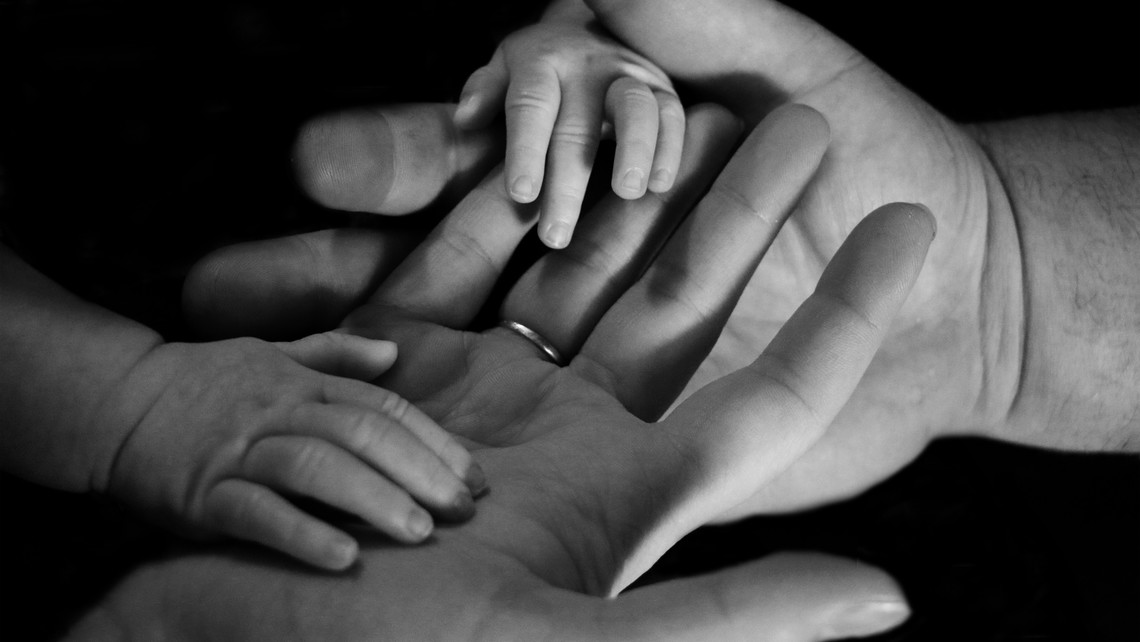
“For all that is in the world, the lust of the flesh, and the lust of the eyes, and the pride of life, comes not from the Father but from the world. And the world passes away, and the lust of it; but the one who does the will of God will remain in eternity.”
1 Jn 2:16-17
If we take the time to engage in a lectio divina, the meditation, and contemplation of St. John’s first epistle we encounter a prescription to detach ourselves from the carnal temptations of the world but more specifically from surrendering ourselves to animalistic carnal desires that denigrate another human being. The significance of human creation is that both man and woman possess a deistic identity from God, meaning, we are created in God’s desired image and likeness, how He intended to make us in his likeness and image.
The mystery of this creation can be understood because God does not impede our ability to affirm our identity and his children, we do. The way we enter into this treacherous journey is by viewing another human being not as a child of God or a gift of creation, but instead as a means of human carnal satisfaction that ventures outside the course of the natural marital state. Thus, human appetites for sexual lust, covetousness, greed, and, the desire for personal pleasures over a sacrificial way of living with Jesus Christ becomes normative.
God created us with a distinctive moral character that saw the human body as a gift of covenantal accompaniment between man and woman that should not be viewed or engaged perversely. The original intention of the undefiled human condition was to affirm what God had created in love. However, after the fall of man, where sin entered the hearts of Adam and Eve not by coercion but by the promise of a greater more satisfactory human condition than what God had already provided, we witness an immediate fracture of the relationship between God and Adam and Eve, and even worse denial of God’s love as Father, Lord, and Creator.
As a result of this rupture between God and His children, our Lord in His infinite goodness and love offers a salvific life-line, a spiritual reprieve that requires man to actively engage in a moral way of living where as St. John states; he who does the will of God abodes forever.[1] Now, Adam and Eve are faced with the prospect of living a moral life outside of the original gift of grace both possessed before the fall. What is required of them now is acts of virtue, sacrifice, chastity, charity, prudence, reason, fortitude, temperance, faith, hope, and love.
The Catechism reminds us that the Moral Law is the work of Divine wisdom and finds its unity in Christ.[2] What this means is that we are called to act in moderation making reasonable use of our moral sexual so as to not become sexual zombies. St. Thomas Aquinas provides us with a wonderful summation and antidote in dealing with sexual perversion, lust, and temptation where: To love is to will the good of another.[3] This is where the gift of sexual integrity between spouses, the desire to serve without the expectation of receiving something in return, and the ability to affirm and properly admire the human sexuality of your husband or wife in perfect charity is the aim of a properly ordered sexual passion.
The natural gift of conjugal love between husband and wife that is offered before God in the sacrament of Holy Matrimony places a distinctive spiritual mark upon husband and wife to desire salvation for one another above all else. The marital union that affirms the love of spouses and the love of children serves as distinctive sacramental pillars binding husband and wife forever and thus desiring eternity with God for one another and the entire family.
The Catechism provides us with some important moral warning signs when our sexual integrity and passions turn away from Jesus Christ:
- If you begin to pulsate and lose all inhibitions of normal moral behavior i.e. looking at someone inappropriately or beginning to imagine inappropriate situations with someone, then you have reached the realm of – Lust. CCC 1765
- If your appetite for natural friendship abandons ship for an inappropriate sexual appetite then you have reached the realm of – disordered arousal. CCC 1765
- If you all think about how the person can satisfy your sexual desires versus how you can charitably develop a relationship with the person in a loving way you have reached the realm of disordered pleasure. CCC 1765
- If your intellect and will become deliberately engaged toward a passion of selfish love, you have reached the realm of – evil. CCC 1766
- If your intellect and will do not see the dignity of the human person in someone you encounter you have reached the realm of – sadness. CCC 1770
The sexually disordered desires mentioned in the Catechism should serve as a moral conjugal awakening to any man and woman considering the sacrament of marriage or a couple already sacramentally married that human sexuality is a naturally ordered good between the love of spouses and the fruit of that love in the bearing of children.
Man participates in the wisdom and goodness of the Creator who gives him mastery over his acts and the ability to govern himself with a view to the true and the good. The natural law expresses the original moral sense which enables man to discern by reason the good and the evil, the truth, and the lie:
CCC 1954






